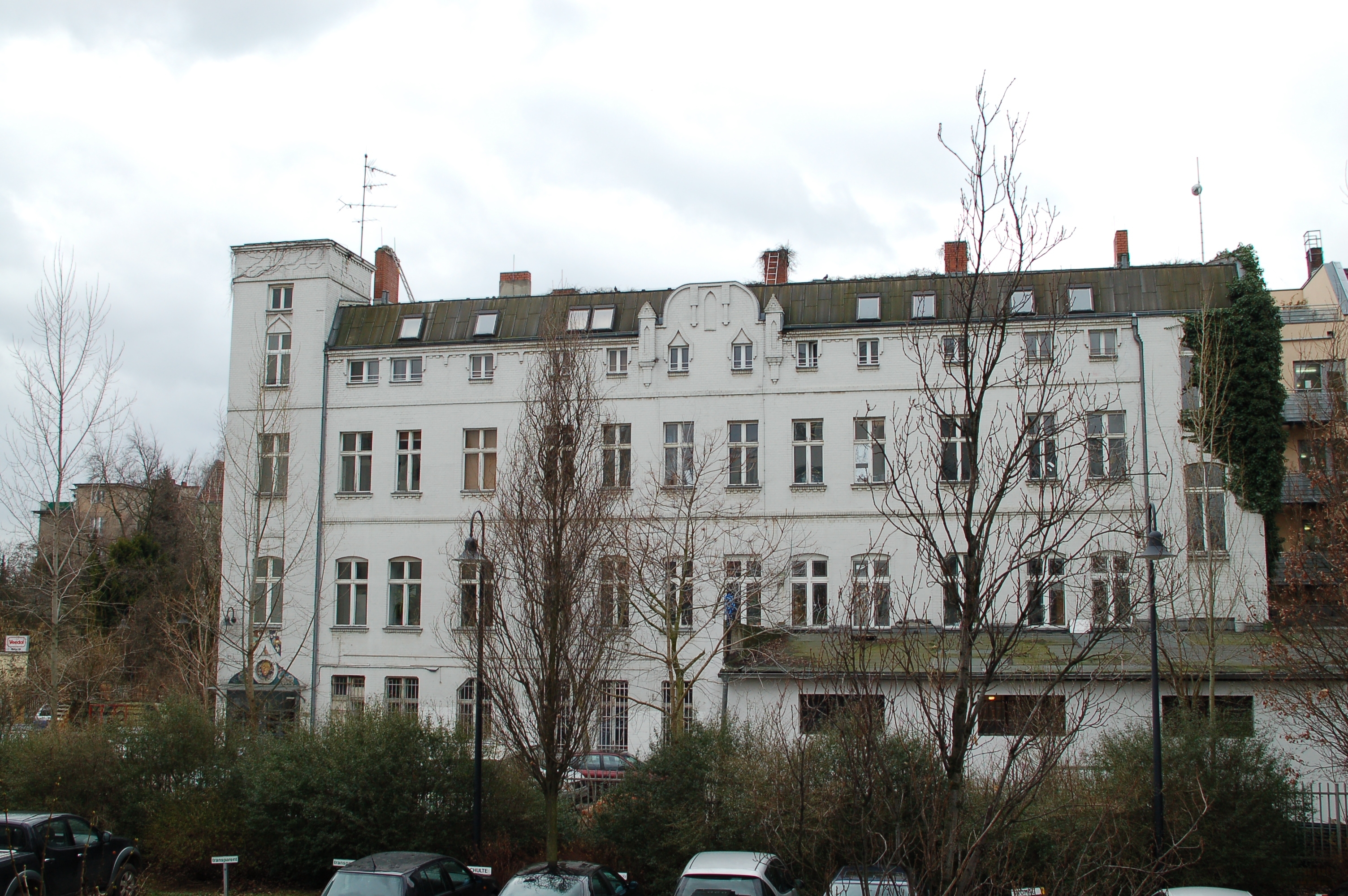Since its foundation in the early 1980s, “Schlesische27”, now “S27 – Art and Education“, has worked with young people to develop creative art-inspired projects. Different periods, focuses and people have been involved in its history:
since 2009
Under the direction of Barbara Meyer, S27 has become an urban laboratory for artistic research by and with children, teenagers and young adults. Topics such as living and leisure space for young people, the Integration of refugees into the labour market, experiencing urban history or the future of urban culture as “Urbane Praxis” set the agenda. Central projects from this period include Wohnwut / Junge Pächter, Bildungsmanufaktur, ARRIVO BERLIN, CUCULA, Die Gärtnerei / COOP CAMPUS, Weltstadt and Monument Valley. S27 has been awarded with Roman-Herzog-Preis, the BKM-Preis Kulturelle Bildung, and has been a nominee for Beazley Design of the Year Award.
Characteristic for the last years is an expansion of the circle of cooperation to include partners from the trades, science and political education, including Germany’s largest public library, the Berlin Central and Regional Library (ZLB) or the WZB Berlin Social Science Center. In addition, the S27 is increasingly involved in the spin-off of migrant-oriented initiatives such as CUCULA e.V. and LAIAL e.V. This is accompanied by the expansion of international work to non-European countries with cooperation projects in Mali, Kenya and Lebanon, among others.
S27’s basic funding is provided by the Berlin Senate Department for Education, Youth and Family and the active support association. This enables the house to run a diversity of projects that are funded by other Senate and federal funds as well as various foundations.
1980 – 2008
At the end of the 1970s, under the leadership of Christel Hartmann-Fritsch, the idea of the Schlesische27 was born, which she directed for almost 30 years. In the context of the International Building Exhibition in 1980, the later International Youth Art and Culture Centre Schlesische27 was initiated. With the help of committed people and donors from the cultural circle of The Federation of German Industries (BDI) and from Berlin’s business and political communities, it was possible to stabilise the house financially in the long term within the framework of a public-private partnership. The state of Berlin covered the basic costs and private sponsors financed the projects.
After the fall of the Berlin Wall in 1989, the Schlesische27 developed new forms of “East-West encounter” and brought together artists and young people from both sides of the city. In the early nineties, youth work was extended to other European countries, including the appointment of Christel Hartmann-Fritsch as an advisor to the European Commission in the field of youth. A highlight of this development was the founding of the European network “Creative Cooperations” in 1996, a programme that enabled young people in Europe to participate in the “European Voluntary Service”.
At the end of the 1990s, theatre work gained a special profile. Formats such as the Metropolis disco theatre and the Klub27 received recognition with the invitation to the Theatertreffen der Jugend.
The combination of artistic work and vocational orientation was first tested in the early 2000s in the inVolve project. During the international encounters, costumes and choreographies were created for the Berlin Carnival of Cultures and in May 2004, young guests of the Schlesische27 presented their theses for a Europe of Cultures to the German Chancellor Gerhard Schröder and the French Ambassador Claude Martin.
With the subsequent founding of the Wrangelnetz, the Schlesische27 set further accents in Kreuzberg. The neighbourhood management project connected children’s and youth projects, churches, schools, training projects and neighbours. The exploration of the neighbourhood as a community and the conquest of the neighbourhood as a social space was celebrated at the time with the very well-known fête de la soupe.
During this time, the Stiftung Preußische Seehandlung awarded Christel Hartmann-Fritsch the Friedlieb Ferdinand Runge Award for unconventional approaches to publicising art. The Schlesische27 also won the 6th German Children’s Culture Award of the German Children’s Fund.

